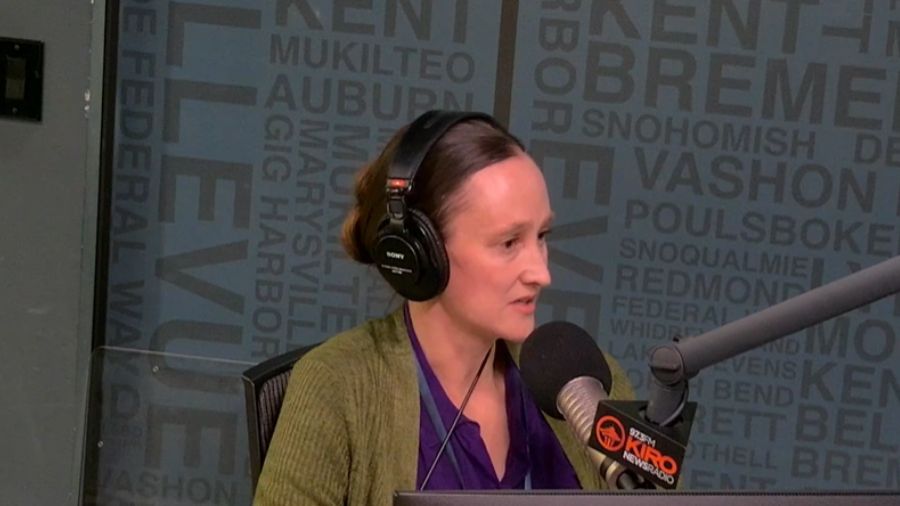Harger: We pump an extra $8.5B into education yearly and scores keep dropping
Sep 3, 2025, 5:02 AM | Updated: 3:41 pm
Back to school, and the first lesson is that more money did not buy better results.
Our family has been lucky enough to have some really great teachers in the Auburn School District. They work hard, they care about kids, and they deserve to be paid well.
But something isn’t working in our public schools.
A little more than 10 years ago, the Washington State Supreme Court ruled in the McCleary decision that the state wasn’t adequately funding education. So lawmakers opened the floodgates.
Based on the state’s two-year (biennial) budget, Washington now spends about $17 billion more per biennium on public schools than before McCleary: roughly $8.5 billion more per year on average. That combines state and local district dollars and brings the total K–12 education budget to about $30 billion per biennium. We’re spending roughly 60% more than before McCleary.
That breaks down to every single person in the state paying $1075 more on education than we used to. Every single year.
You’d expect dramatic improvements, right? Better test scores, kids reading above grade level, math whizzes everywhere.
Instead, we got the opposite. Reading proficiency has plummeted. Only 1 in 3 eighth graders can do math at grade level. Those scores have dropped 17% since McCleary. We’re worse off than before we spent all that money.
So where does that $8.5 billion a year go?
Washington teachers are the fourth-highest paid in the nation
Mostly to salaries. Washington teachers now rank fourth highest in the nation for pay, $91,720 is the average, according to the National Education Association. Superintendent salaries jumped nearly 50%.
Now, Washington State Superintendent Chris Reykdal said we’re looking at this all wrong. Test scores don’t tell the real story. He’ll tell you more kids than ever are sticking with tough classes through senior year. More students are arriving at college ready to take regular classes, without needing to retake high school material, which sounds good. And he argued we’re preparing kids for all kinds of careers now, not just college.
In his view, standardized tests are a recent invention that unfairly label kids as failures when they’re actually doing better than previous generations. In fact, he said he’d ditch the tests in a heartbeat if he could.
He’s got a point. Not everyone needs to analyze literature to operate heavy machinery for $100,000 a year.
Nearly half of young adults in Washington live with their parents
But if you don’t want to measure test scores, how about these outcomes? Nearly half of young adults in Washington still live with their parents, up from about a third a decade ago. Teen anxiety and depression have doubled. Fewer 16 to 24-year-olds are working than 10 years ago, and chronic absenteeism in our schools is at record highs. We are spending $8.5 billion more on education, yet our kids seem less prepared for independent life than ever before.
In any other field, when you invest $8.5 billion extra a year, you demand accountability.
Yes, test scores are also dropping nationally. But states paying teachers far less are getting similar results. We’re spending premium dollars for discount outcomes.
Somewhere between Olympia writing the checks and kids taking tests, $8.5 billion is just disappearing. We don’t have much to show for it.
Washington’s teachers are among the best paid in the country, and many absolutely earn it, but the system around them is failing to turn that investment into results for kids. We’re paying teachers the fourth-highest salaries in America. We spend more per student than most states. But when it comes to the basics: can they read? Can they do math? Can they move out of mom’s basement? We’re failing them.
The lesson that we’re seeing in Washington: The more we spend, the worse kids do.
And that’s not the math problem any of us signed up for.
Charlie Harger is the host of “Seattle’s Morning News” on KIRO Newsradio. You can read more of his stories and commentaries here. Follow Charlie on X and email him here.

















